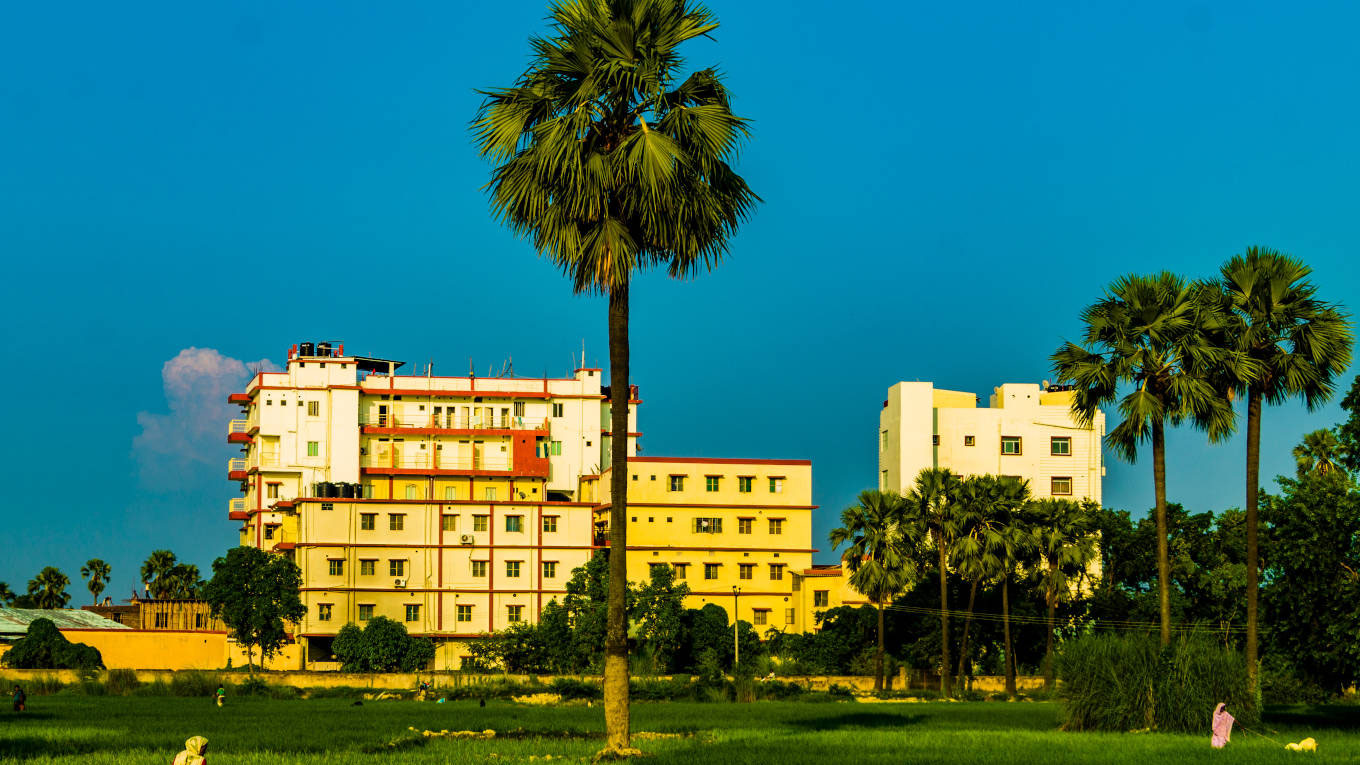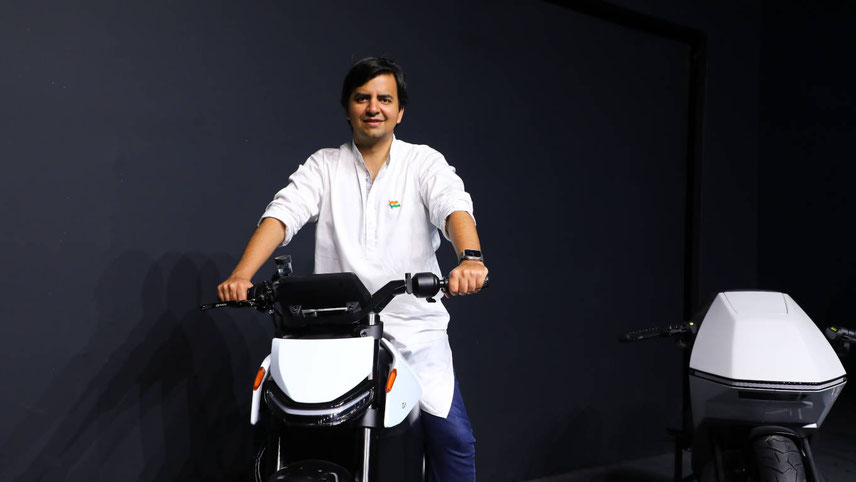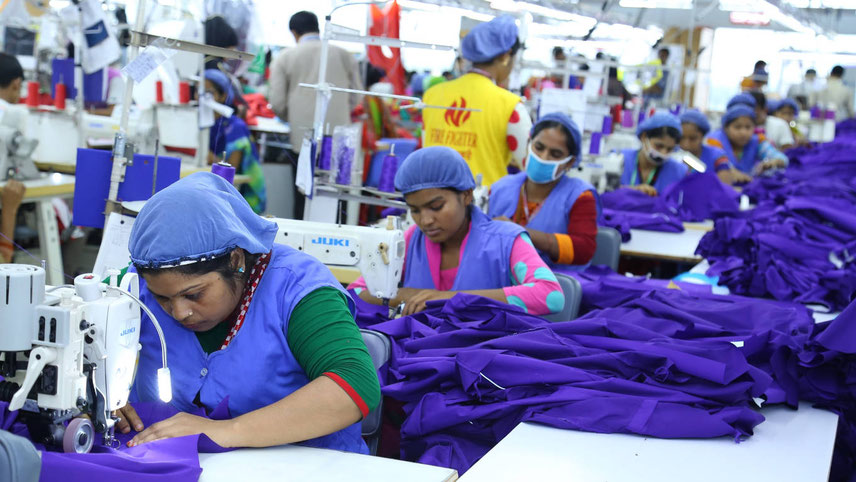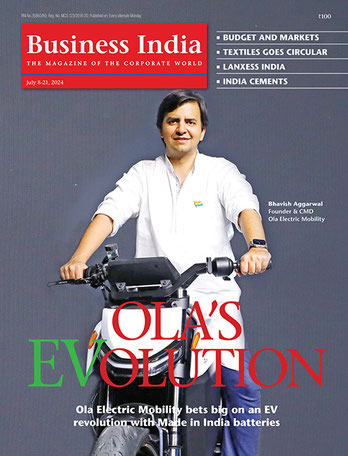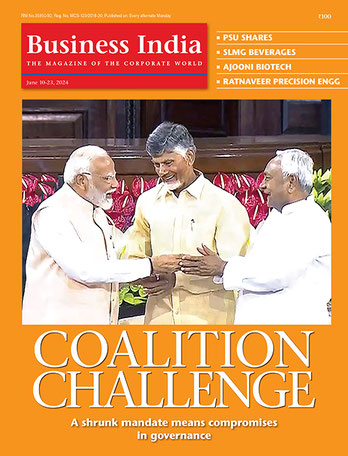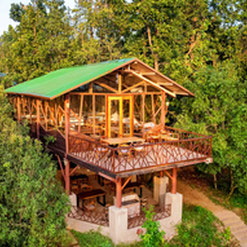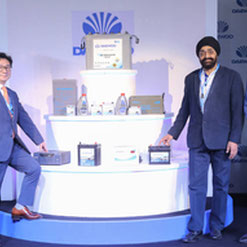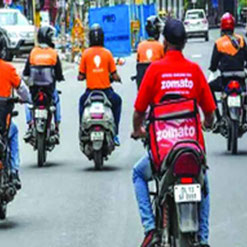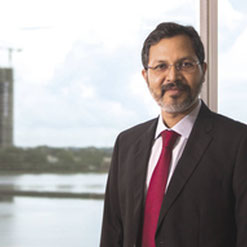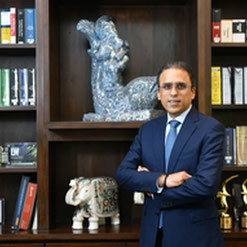-
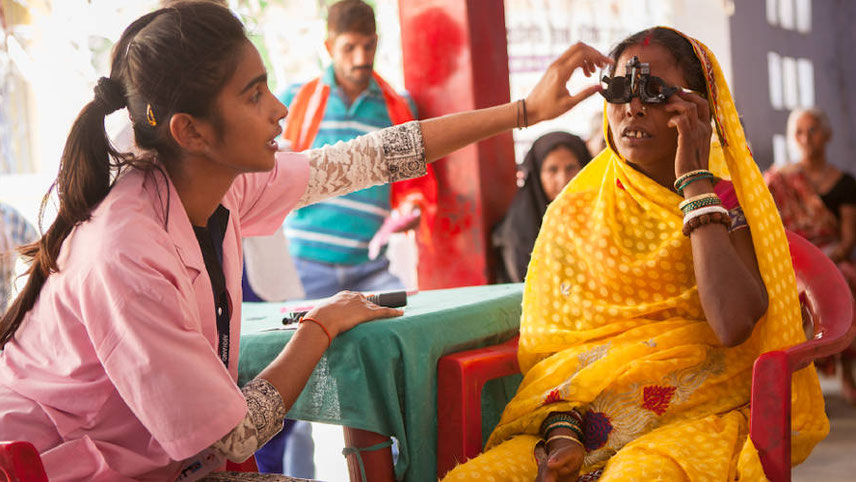
Poor patients can see a bright future
While compassion is defined as ‘walking in the shoes of the people we serve and those with whom we work’, respect involves ‘treating others as we expect to be treated’ by actively promoting both equality and equity. Teamwork translates into building trust through collaboration, while commitment, the last of these values, is defined as demonstrating dedication and excellence in everything one does.
Shukla, who is Tiwary’s maternal grandfather, says he gave the place to ‘Munna’ in furtherance of his own guru’s instruction to work for women’s awakening. “In the beginning, before building the hospital, we used to do 100 operations at a time in the government school next door and sleep on cots hired from a tentwala,” he says. “We used to distribute spectacles, too.”
Tiwary believes that sight is a big thing in anyone’s life, and restoring a person’s vision is a restoration of their dignity. With India accounting for every third blind person in the world – mostly in states with low per-capita income -- the main reason for ‘blindness’, he found, is the development of cataract. This can be corrected by a simple operation; but Bihar has the lowest cataract surgery coverage in India: only 40 per cent against the national average of 70 per cent. This is, he found, because there are barriers like the cost of the operation and the fact that hospitals in the city are too far to travel. “Blindness and poverty go hand in hand!” he says.
Half the people needing surgical intervention in Bihar do not have access to cataract surgery. The major barrier, apart from lack of money, is that they cannot afford someone from their family to bring them for treatment. Akhand Jyoti reaches out to the remotest villages to identify the poorest and bring them to its centres for treatment.
Bihar, which is the worst state in this regard, has more than 650,000 blind people, while 4.3 million are visually impaired, and another 100,000 people lose their sight every year, because of aging, says Farhan Pettiwala, the trust’s executive director & head development, India & South Asia.
When he decided to work in the field, Tiwary asked Aravind Hospital in Chennai to set up a hospital in the area he had chosen. “Not in Bihar!” was the response. A friend introduced him to Sightsavers International, an NGO that works with partners in developing countries to treat and prevent avoidable blindness, and promote equality for people with visual impairments and other disabilities; but they told him to find a doctor before they would support him.
He found one in Muzaffarpur, who started coming three days a week at 10 pm or 11 pm after closing his own clinic. On the second day, they had a queue of 700 people at the gate, and performed 3,000 surgeries in the first three months.
After a fortnight of the Muzaffarpur doctor trying to keep pace with 30-40 surgeries a night, a younger one joined: Ajit Poddar, who is now medical director, AJEH. Meanwhile, Sightsavers’ policy changed and they pulled out to concentrate on Bangladesh. “We were discussing the crisis we faced, when a farmer patient brought 5 kg of rice as a donation in appreciation of the fact that we had restored his eyesight. ‘Don’t close down!’ he pleaded, and offered to donate 5 kg of rice or wheat every month to help us keep going.”
-
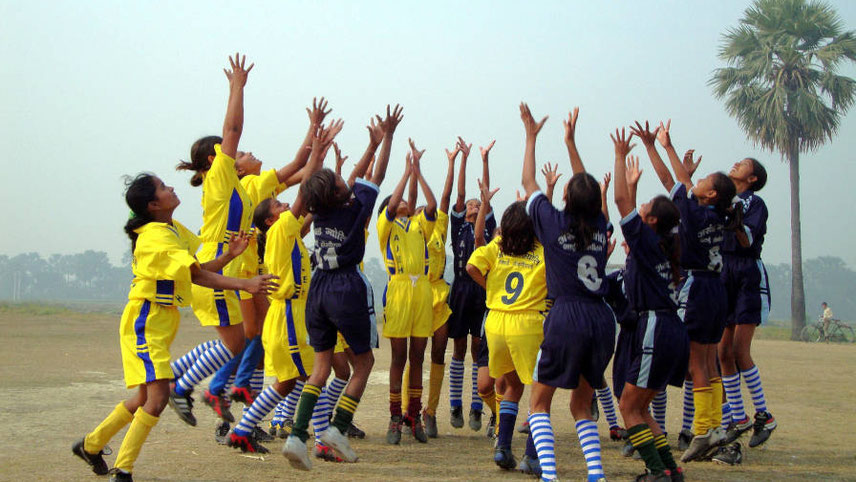
Where’s the ball? Football is a proven activity to boost girls’ confidence
Main focus
Tiwary’s mother also came forward to help. Both of them pledged their personal fixed deposits to get loans for the trust; he also started a small paying section. In retrospect, he says, the Sightseers setback was good, because it helped him find other avenues of funding. Now, there are always 10-15 doctors ‘in the pipeline’, ready to join AJEH at any time. “I too started to learn about eye care,” he says.
Its teams also regularly visit schools in the areas where it works, to check the school children’s eyesight and ensure early intervention to prevent poor vision from becoming worse. But its main focus is in two areas: identifying and training rural girls to become qualified optometrists to lead its blindness eradication efforts, and working towards addressing gender-based discrimination and introducing gender parity.
The method: get the girls playing football, in an environment that looked askance at them even going outside their homes. Bihar, especially, is a highly patriarchal society, where women and girls are victims of discrimination in education and employment, Tiwary explains.
Having played two seasons with the professional football club Aryan in Kolkata and having had to give it up after he got a slipped disc in a fall in 1997, Tiwary decided to start a team to help the local girls gain confidence. “I never thought football would come back in my life after a dozen years!” he says. “I had gone to the local school in 2009 to invite the headmaster for a function when I saw four girls kicking around a ‘ball’ they had made with crumpled newspaper. I found out that they wanted to play, but no-one would let them.”
So, Tiwary went to their homes and offered their parents sponsorship for the girls’ education to become optometrists – called ‘junior doctors’ – if they would let them play. He also got them to agree that they would not arrange their daughters’ marriages till they were 21. “One girl came first and I played with her,” he recalls. “Others followed. Two communities came up with death threats, if the girls continued to play; but their perception changed slowly, as they saw the difference in the girls. Role models have to break the barriers of casteism, religion and social mores!”
Developing confidence with football
Explaining his philosophy of ‘evolution, not revolution’ for the girls, Tiwary says his team spends 20 per cent of its time in the villages, speaking with the women about the difficulties they face. The girls’ brothers and fathers have changed their attitude. “The girl is the biggest changer of mindsets in the family,” he says. “The girls at AHEH have also brought about a phenomenal change in the attitude of everyone here.”
Football has also improved the girls’ own personalities. Mala Singh, who came up through the football programme, is not only the coach and co-ordinator for the team but an optometrist on the medical team, who is also getting into HR and wants to go for an MBA in that. “I used to play football as a girl, but I had to give it up after Class VII because people said it didn’t look nice for a grown girl to go out in shorts,” she says. “My parents married off my two sisters, and I thought, is this all there is in life?”
-
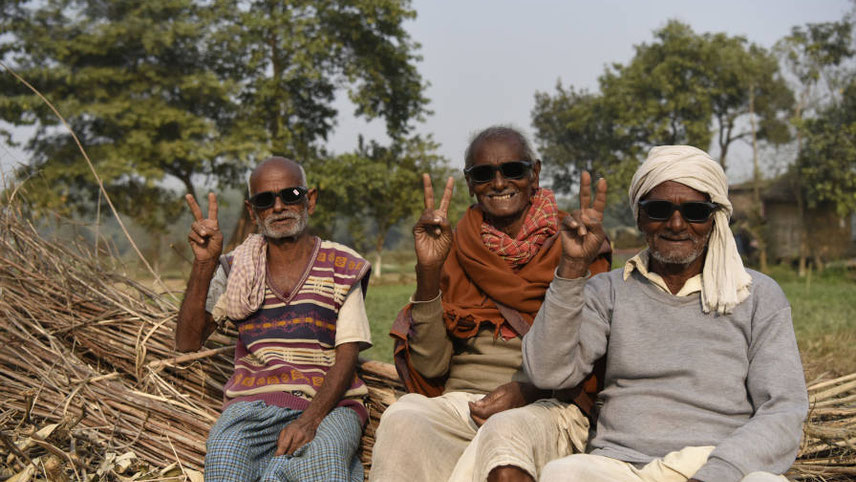
Post-operative patients: “We can see again!”
Then she saw an ad for a job at AJEH and applied. Tiwary himself interviewed her and advised her to study optometry, instead of taking the job. “I have been here ever since. I can’t understand those who leave this place chasing money,” she says. The years have changed her: she used to look down when boys stared at her; but she developed the confidence to stare them down and ask: “kya hai?”
At Kochhwara village, 18 km from the hospital, all the members of a family of six have cataract in both eyes. Sudayal Ray, the head of the family, recalls having had the free operation on one eye 10 years ago, and is saving up to get his second eye operated on. Many people are in the same boat, because the free surgery is only for the totally blind; if they can see with one eye, they no longer qualify.
With three more hospitals at Patna, Siwan and Ballia, AJEH has a long way to go in its battle against blindness. “We aim to achieve our mission by increasing our number of surgeries from 65,000 to 100,000 a year and empowering more girls to become change agents and role models,” says Pettiwala.
“What I saw at Mastichak the first time I went there in 2015 was truly magical,” adds R. Sridhar, a senior member of the advisory body. “I told Tiwary he could count me in for whatever he wanted from me. There is a clear vision on where to go to further the cause against blindness, and on empowering girls using football as a negotiating tool to break the social order.”
Girls have become the decision-makers in the family after six years at the hospital, says former Tata Motors managing director Ravi Kant, chairman of the AJEH Board. “Multiply this and they will change society!” he adds. It is happening!
